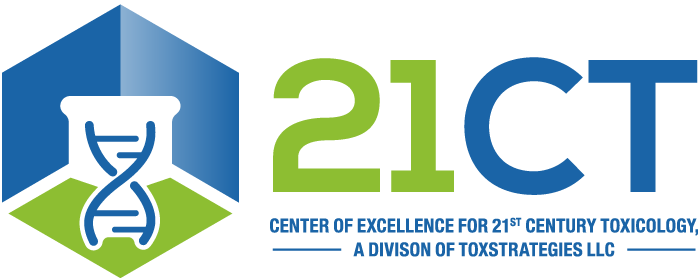Haws LC, Tachovsky JA, Williams ES, Scott LF, Paustenbach D, Harris MA. 2008. Assessment of potential human health risks posed by benzene in beverages. J Food Sci 73(4):T33-T41.
Abstract
A recent study by the U.S. Food and Drug Administration (FDA) indicated that some beverages contained benzene at levels above the federal drinking water standard of 5 parts per billion (ppb). In tests conducted by the FDA, Crystal Light Sunrise Classic Orange (CLSCO) was reported to contain benzene levels as high as 87.9 ppb. The purpose of the present study was to better characterize benzene concentrations in CLSCO and to quantify potential human health risks. Twenty-eight samples of CLSCO were obtained from retail stores in Houston, Tex., U.S.A. The mean benzene concentrations in 16 oz original and new formulation bottles were 90 and 0.18 ppb, respectively, while 64-oz bottles contained an average of 3.38 ppb. A variety of exposure scenarios were evaluated to determine potential health risks using both deterministic and probabilistic techniques. In the deterministic analyses, upper bound point estimate cancer risks ranged from 5.4E-6 to 8.7E-8, while hazard indices (HI) ranged from 0.28 to 0.00104. Probabilistic analyses were conducted to develop more realistic cancer risk estimates. In these analyses, the 50th and 95th percentile cancer risk estimates were 3.7E-6 and 8.0E-6, and the 50th and 95th percentile hazard indices were 0.19 and 0.42, respectively. In conclusion, all cancer risk estimates and noncancer hazards met the typical health risk benchmarks established by the U.S. regulatory agencies (1E-4 to 1E-6 for cancer and hazard indices less than 1.0).
